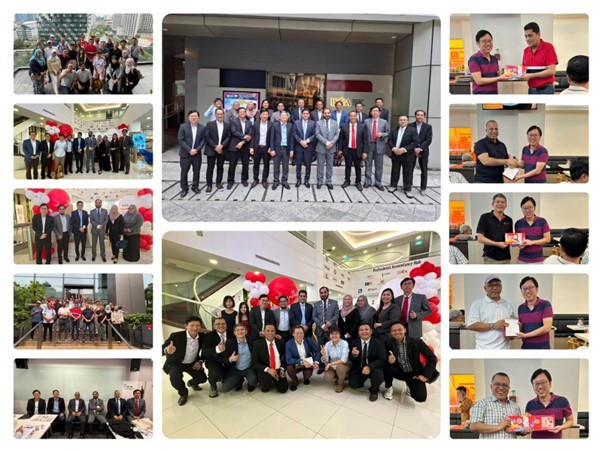The International Forum of Independent Audit Regulators (IFIAR) has observed a growing trend of audit firms accepting private equity investment as part of their business models. Many of these firms audit public interest entities (PIEs), where maintaining audit quality and independence is critical.
Regardless of ownership structure, audit firms must uphold key attributes, including audit quality, independence, integrity, and a culture of professional ethics. Firms considering private equity investment must ensure that potential investors respect these principles, avoiding undue commercial pressures that could compromise auditor independence.
Potential Benefits of Private Equity Investment
Some IFIAR members acknowledge that private equity funding could positively impact audit quality by:
✔ Providing additional capital for investment in technology, quality management systems, and talent development.
✔ Enhancing competition and auditor choice, enabling better-capitalised firms to scale and compete effectively in audit markets.
Potential Risks to Audit Quality and Independence
However, IFIAR also highlights several risks associated with private equity investment in audit firms, including:
⚠ A short-term focus on returns, potentially prioritising profit over audit quality.
⚠ Changes in incentive structures, which may weaken professional scepticism and independence.
⚠ Increased complexity in managing conflicts of interest, as private equity investors often hold stakes in multiple entities.
⚠ A lack of understanding among private equity investors regarding audit firms’ public interest responsibilities.
⚠ Potential talent attrition, as changes in firm incentives may reduce long-term career appeal for audit professionals.
IFIAR urges firms considering private equity investment to carefully assess both the opportunities and risks, ensuring that audit quality and independence remain the top priorities.
Information obtained here




